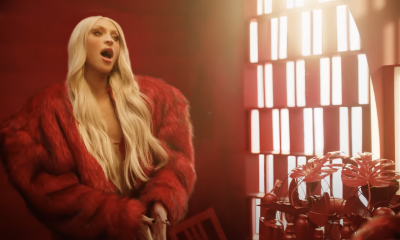Music & Concerts
As Madonna and the Billboard Hot 100 turn 60, challenges ahead for both
Despite record chart stats and decades of hits, her traction has steadily eroded in recent years
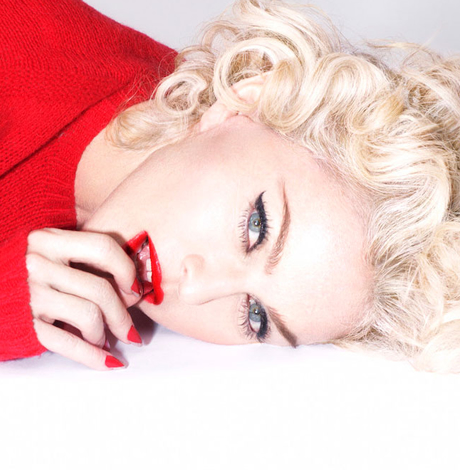
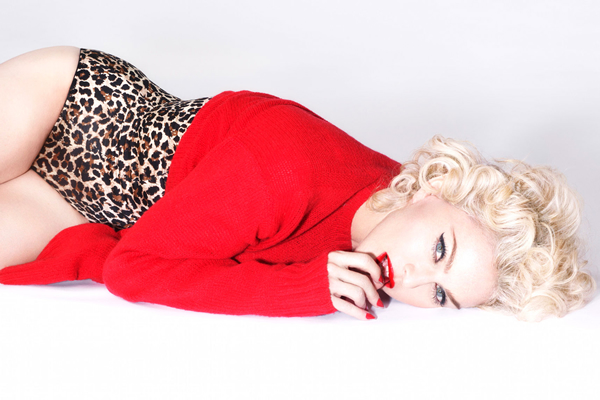
Madonna in her ‘Rebel Heart’ era in 2015. The singer turns 60 next week. (Photo courtesy Live Nation)
Interestingly Madonna and the Billboard Hot 100 chart are both turning 60 this month and the industry Bible has announced she’s the all-time chart queen with 57 entries and 12 no. 1 hits (Mariah Carey and Janet Jackson are in second and third place respectively).
The numbers are impressive — Madonna holds the record for most top 10 hits of all acts with 38 and she’s had 46 no. 1 hits on the Billboard Dance Club Songs chart, more chart toppers than any act has ever accumulated on any Billboard chart.
That’s the good news. The bad news is that despite consistently putting out solid material in the last 10-15 years, her chart dominance has waned considerably with only one of her last seven singles even cracking the Hot 100 (“Bitch I’m Madonna” made it to no. 84 in 2015), an unthinkable track record compared to her ‘80s and ‘90s heyday. Her last U.S. top-10 hit was “Give Me All Your Luvin” in 2012; her last no. 1 was “Music” in 2000.
But how much of it is — as Madonna has claimed — ageism? Do the men (Springsteen, Paul McCartney, U2) with new material fare any better than women (Stevie Nicks, Cher, etc.)? The short answer is not really. The only time McCartney has had hits in the last 30 years were his high-charting collaborations with Kanye West, Rihanna, et. al. (“FourFiveSeconds made it to no. 4 and “All Day” to no. 15, both in 2015.) When’s the last time you heard a new U2 song on the radio?
And are the numbers even relevant, as the Washington Post has suggested, now that Billboard records are constantly being broken as the agency continues shuffling its methodology to factor streaming into the popularity equation?
One particularly eyebrow-raising shattered record happened last year when Nicki Minaj passed Aretha Franklin for most Billboard Hot 100 entries of any female artist, amassing 73 since 2010 alone. She pulled off this astounding feat because she’s such a ubiquitous guest artist (occasionally with Madonna): 32 of her entries are as lead artist; she’s “featured” on the other 44. Just based on number of entries among women, Madonna comes in fifth behind Rihanna, Taylor Swift, Franklin and Minaj. She ranks higher overall based on her actual numbers (i.e. Madonna’s singles haver generally charted higher than Franklin’s, Minaj’s etc. so she has more overall chart heft despite fewer entries).
Fans have been concerned as far back as 2006 when they launched an “End the Madonna on U.S. radio Boycott” aimed at Clear Channel Communications after her “Confessions” singles failed to generate much interest. It hasn’t improved. Madonna herself cried foul in 2015 when Great Britain’s BBC Radio 1 declined to play her then-new single “Living for Love.” And in a 2016 speech in which she was named Woman of the Year at a Billboard Women in Music awards ceremony, she said in the world of music, “To age is a sin. You will be criticized, you will be vilified and you will definitely not be played on the radio.”
That pop music and the Hot 100 has always pretty much been a young person’s game is a fairly accepted music industry truism. Look at any female pop singer going back to the days of Connie Francis (53 Hot 100 entries), Brenda Lee (48) or Dionne Warwick (56) — none of them were having major hits into their 50s and 60s. Despite a major comeback in her 40s, Tina Turner’s chart power slipped as she got older. Even Cher’s 1998 hit “Believe,” often cited as an example of what’s possible for older women artists, was a bit of a fluke. When it hit no. 1 on the Hot 100 in 1999, she was 52 and became the oldest woman to have a no. 1 hit. But that was 20 years ago and only two of the 16 singles she’s released since then have even cracked the Hot 100, the highest (“Strong Enough”) at no. 57. Like Madonna, she’s fared much better on the dance chart.
Pink, 38, told the New York Times last year while promoting her latest release “Beautiful Trauma” she knew her days on the chart were limited (she’s had 23 top 40 hits).
“I had the whole sit-down, you know: ‘Just be prepared — they don’t play girls over 35 on top 40 radio,’” she told the Times. “There are exceptions but they’re songs, not artists — unless you’re Beyonce.”
Thus far Madonna appears fairly undeterred. With “MDNA” in 2012 and “Rebel Heart” in 2015, she’s kept to a fairly regular release schedule. She’s teased new material on social media and appears to still enjoy making new music and live performance. She wowed the crowd in May with an elaborate performance at the Met Gala performing “Like a Prayer” at the “Fashion and the Catholic Imagination” event (right up her alley thematically).
But how long will Madonna feel like going back to the well if this law of diminishing returns continues as it’s likely to? Sure, Madonna does lots of things — she writes, acts (not so much anymore) and directs, but what is she supposed to do when the thing she clearly does best no longer has a place in pop culture? One might argue we don’t expect our sports legends to keep up the pace and records they set in their prime but writing, recording and releasing a hit single doesn’t require one to be at peak physical ability. It could — in theory — happen at any age.
The situation is somewhat exacerbated by Madonna’s own restlessness. Obviously from her comments, the way she constructs her shows, even down to the arrangements of her old hits live, she’d never be happy on a gravy-train nostalgia-fest which Cher, Dionne Warwick, Diana Ross and most veteran acts are perfectly fine with. They paid their dues over many decades — now is their times to phone it in, never break much of a sweat and collect the dough. Madonna would be bored out of her mind with that approach.
Her tours are still massive extravaganzas that sell out all around the world (she’s the top-grossing female touring artist of all time) but she’ll never expand her considerable fan base into younger generations with zero radio support. Outside of touring, there’s nothing comparable in pop music for the way actresses like Jessica Lange, Jodie Foster, Kathleen Turner and Glenn Close (Meryl is, of course, in a league of her own, no pun intended) have managed to keep the creative fires burning with TV, directing and stage work. Younger audiences still have ways to discover them.
It will be interesting to see how Madonna — and the Pinks and Beyonces of the world after her, for their time will surely come as well — tackles this conundrum in the years to come.
Music & Concerts
Red, White, and Beyoncé: Queen Bey takes Cowboy Carter to D.C. for the Fourth of July
The legendary music icon performed on July 4 and 7 to a nearly sold-out Northwest Stadium.

Just in time for Independence Day, Beyoncé lit up Landover’s Commanders Field (formerly FedEx Field) with fireworks and fiery patriotism, bringing her deeply moving and genre-defying “Cowboy Carter” tour to the Washington, D.C. area.
The tour, which takes the global icon across nine cities in support of her chart-topping and Grammy-winning country album “Cowboy Carter,” landed in Prince George’s County, Maryland, over the Fourth of July weekend. From the moment Beyoncé stepped on stage, it was clear this was more than just a concert — it was a reclamation.
Drawing from classic Americana, sharp political commentary, and a reimagined vision of country music, the show served as a powerful reminder of how Black Americans — especially Black women — have long been overlooked in spaces they helped create. “Cowboy Carter” released in March 2024, is the second act in Beyoncé’s genre-traversing trilogy. With it, she became the first Black woman to win a Grammy for Best Country Album and also took home the coveted Album of the Year.
The record examines the Black American experience through the lens of country music, grappling with the tension between the mythology of the American Dream and the lived realities of those historically excluded from it. That theme comes alive in the show’s opening number, “American Requiem,” where Beyoncé sings:
“Said I wouldn’t saddle up, but
If that ain’t country, tell me, what is?
Plant my bare feet on solid ground for years
They don’t, don’t know how hard I had to fight for this
When I sing my song…”
Throughout the performance, Beyoncé incorporated arresting visuals: Black cowboys on horseback, vintage American iconography, and Fox News clips criticizing her genre shift — all woven together with voiceovers from country legends like Dolly Parton and Willie Nelson. The result was a multimedia masterclass in storytelling and subversion.
The “Cowboy Carter” tour has been a social media sensation for weeks, with fans scrambling for tickets, curating elaborate “cowboy couture” outfits, and tailgating under the summer sun. At Commanders Field, thousands waited in long lines for exclusive merch and even longer ones to enter the stadium — a pilgrimage that, for many, felt more like attending church than a concert.
One group out in full force for the concert was Black queer men — some rocking “denim on denim on denim on denim,” while others opted for more polished Cowboy Couture looks. The celebration of Black identity within Americana was ever-present, making the concert feel like the world’s biggest gay country-western club.
A standout moment of the night was the appearance of Beyoncé’s 13-year-old daughter, Blue Ivy Carter. Commanding the stage with poise and power, she matched the intensity and choreography of her mother and the professional dancers — a remarkable feat for someone her age and a clear sign that the Carter legacy continues to shine.
It’s been nearly two decades since Beyoncé and Destiny’s Child parted ways, and since then, she’s more than lived up to her title as the voice of a generation. With “Cowboy Carter,” she’s not just making music — she’s rewriting history and reclaiming the space Black artists have always deserved in the country canon.
Music & Concerts
Berkshire Choral to commemorate Matthew Shepard’s life
Concert held at Washington National Cathedral
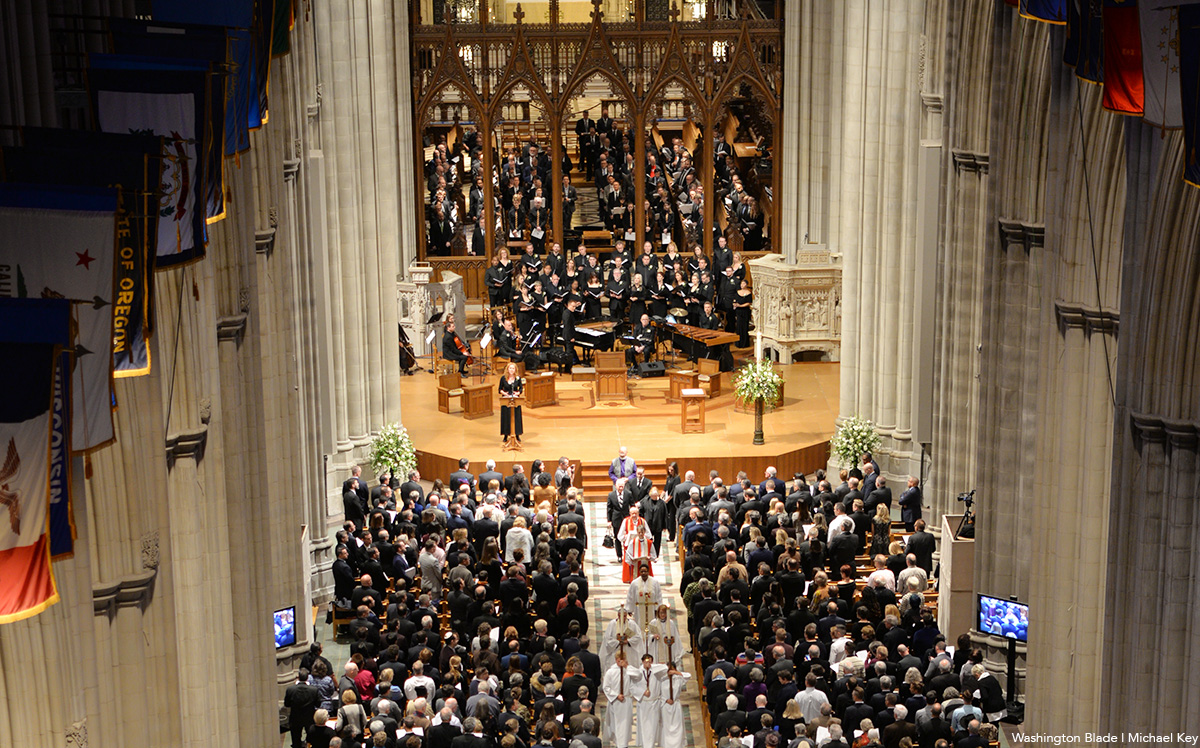
Berkshire Choral International will present a concert performance of composer Craig Hella Johnson’s fusion oratorio “Considering Matthew Shepard” on Friday, July 11, 2025 at 7:30 p.m. at the Washington National Cathedral.
The program will be guest conducted by Dr. Jeffrey Benson, a native of the DMV who currently serves as Director of Choral Activities at San José State University. The concert is a partial benefit for the Matthew Shepard Foundation. Notably, Matthew’s remains are interred at the National Cathedral and his parents, Dennis and Judy, will give opening remarks at the performance.
Tickets are $20 – $65, and 50% of ticket proceeds will be donated to the Matthew Shepard Foundation. Tickets are only available online at berkshirechoral.org.
Music & Concerts
Indigo Girls coming to Capital One Hall
Stars take center stage alongside Fairfax Symphony
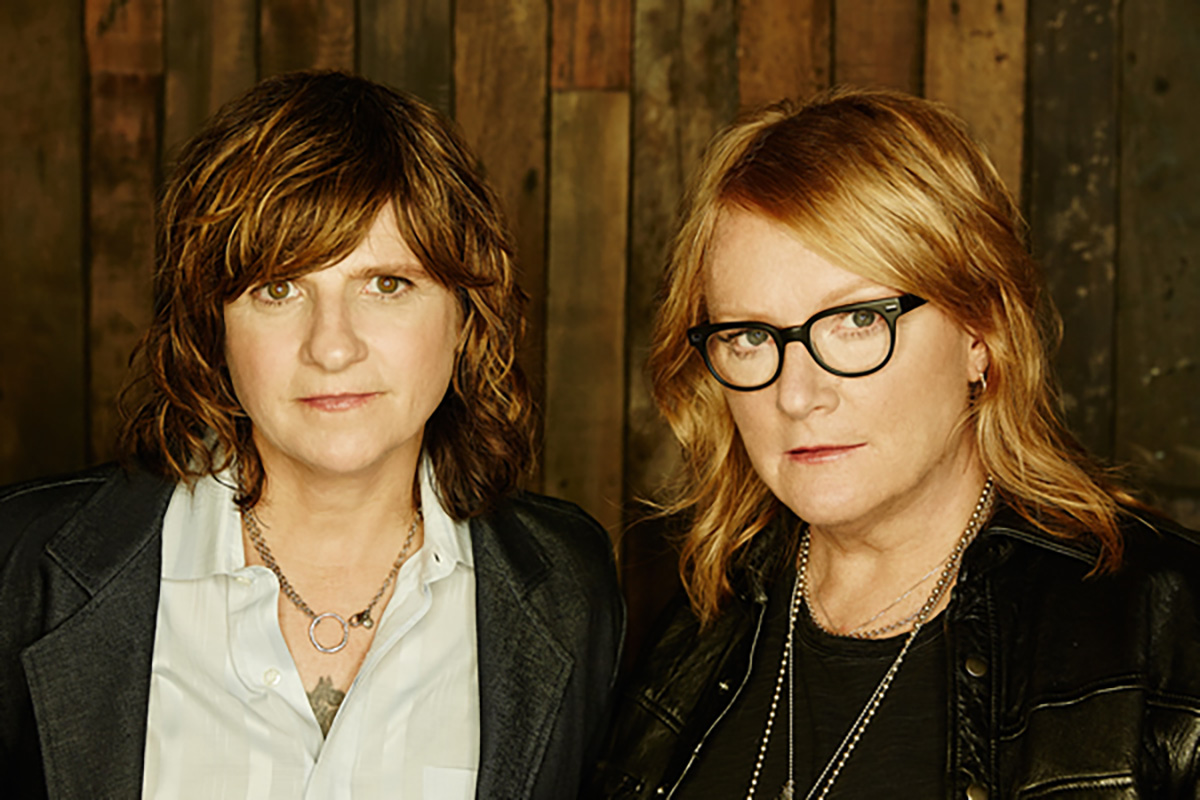
Capital One Center will host “The Indigo Girls with the Fairfax Symphony Orchestra” on Thursday, June 19 and Friday, June 20 at 8 p.m. at Capital One Hall.
The Grammy Award-winning folk and pop stars will take center stage alongside the Fairfax Symphony, conducted by Jason Seber. The concerts feature orchestrations of iconic hits such as “Power of Two,” “Get Out The Map,” “Least Complicated,” “Ghost,” “Kid Fears,” “Galileo,” “Closer to Fine,” and many more.
Tickets are available on Ticketmaster or in person at Capital One Hall the nights of the concerts.
-

 Virginia1 day ago
Virginia1 day agoDefying trends, new LGBTQ center opens in rural Winchester, Va.
-

 South Africa4 days ago
South Africa4 days agoLesbian feminist becomes South African MP
-

 Travel3 days ago
Travel3 days agoManchester is vibrant tapestry of culture, history, and Pride
-

 Opinions2 days ago
Opinions2 days agoUSAID’s demise: America’s global betrayal of trust with LGBTQ people

